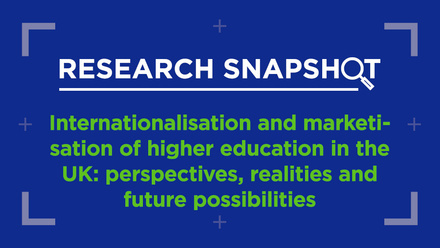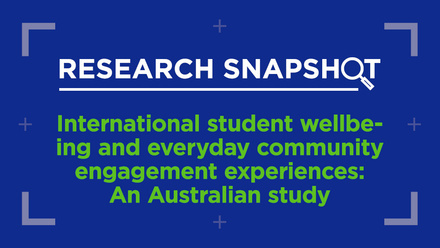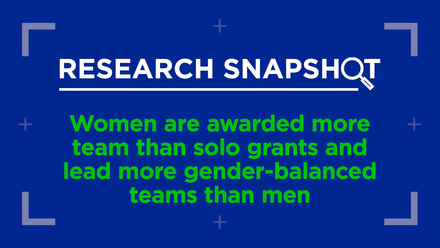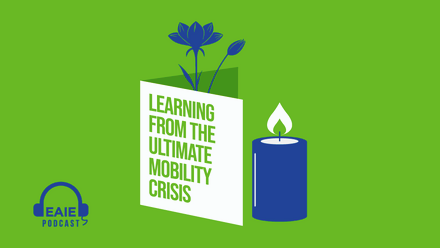Research snapshot: Improving Romanian student recruitment

Study in Romanian Universities: how to improve the recruitment process of international students with policy recommendations
Publication date: 02 July 2024
This master’s thesis focused on analysing policies for attracting and retaining international students in Romanian higher education and strategies to enhance the promotion of Romania’s higher education brand abroad.
The project adopted a mixed-methods research approach, combining qualitative data to capture the perspectives of key stakeholders and quantitative data to provide statistical evidence supporting policy recommendations. Key stakeholders included public and private HEIs, public authorities, student recruitment agencies, scholars and student-led organisations in Romania, as well as interested parties from other EHEA countries.
International higher education stakeholders in Romania, including public and private HEIs, public authorities, student recruitment agencies, scholars, and student-led organizations, as well as those in other EHEA countries, may find the outcomes of this research valuable.
This study is the first to compare study-abroad portals across all EHEA countries and to analyse in-depth the Study in Romania initiative through a national higher education brand perspective.
About the author
Key findings from the research:
- Romania is currently a less attractive destination for student mobility in Europe. The research found that while the country faces similar challenges to those at European and global levels, it has not implemented many of the practices and strategies that address these challenges effectively and make other countries more successful in recruiting international students.
- 'Study-in' initiatives, in the form of digital platforms, were identified as essential elements of promoting national higher education brands abroad. Comparative analysis of these websites, which serve as gateways to universities within the EHEA, shows most were developed in the last decade, reflecting advances in digital technology and national efforts to align with European higher education frameworks.
- In total, 27 recommendations are provided to address 21 challenges across five policy areas. The research hypothesis is that, by implementing these evidence-based policy recommendations, the number of international enrollments in Romanian institutions of higher education will increase, the admission process will be streamlined for incoming students and there will be more incentives for graduates to remain in the country after obtaining their degrees.







